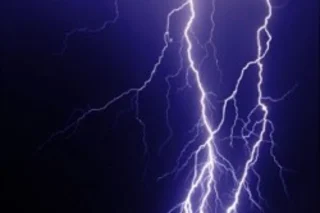Before 1833 there were no scientists.
It was in that year that William Whewell, a British philosopher, geologist, and all-around bright bulb, coined the word scientist. His mentor, the poet Samuel Coleridge, thought the English language needed a term for someone who studied the natural world but who did not inhabit the lofty heights of philosophy (like Coleridge).
There are plenty of people who lived before 1833 that most of us would call scientists--Isaac Newton, Antoine Lavoisier, Edmund Halley, Carol Linnaeus to name just a few. But the word would have been meaningless to them. The closest term they might use was "natural philosopher." Their work and ideas were still deeply rooted in medieval ways of thinking about the world, and about the work they did.
Science did not emerge suddenly in a sudden onslaught of Modern Reason crushing Old Ignorance. Its rise was much slower and much more interesting. ...














